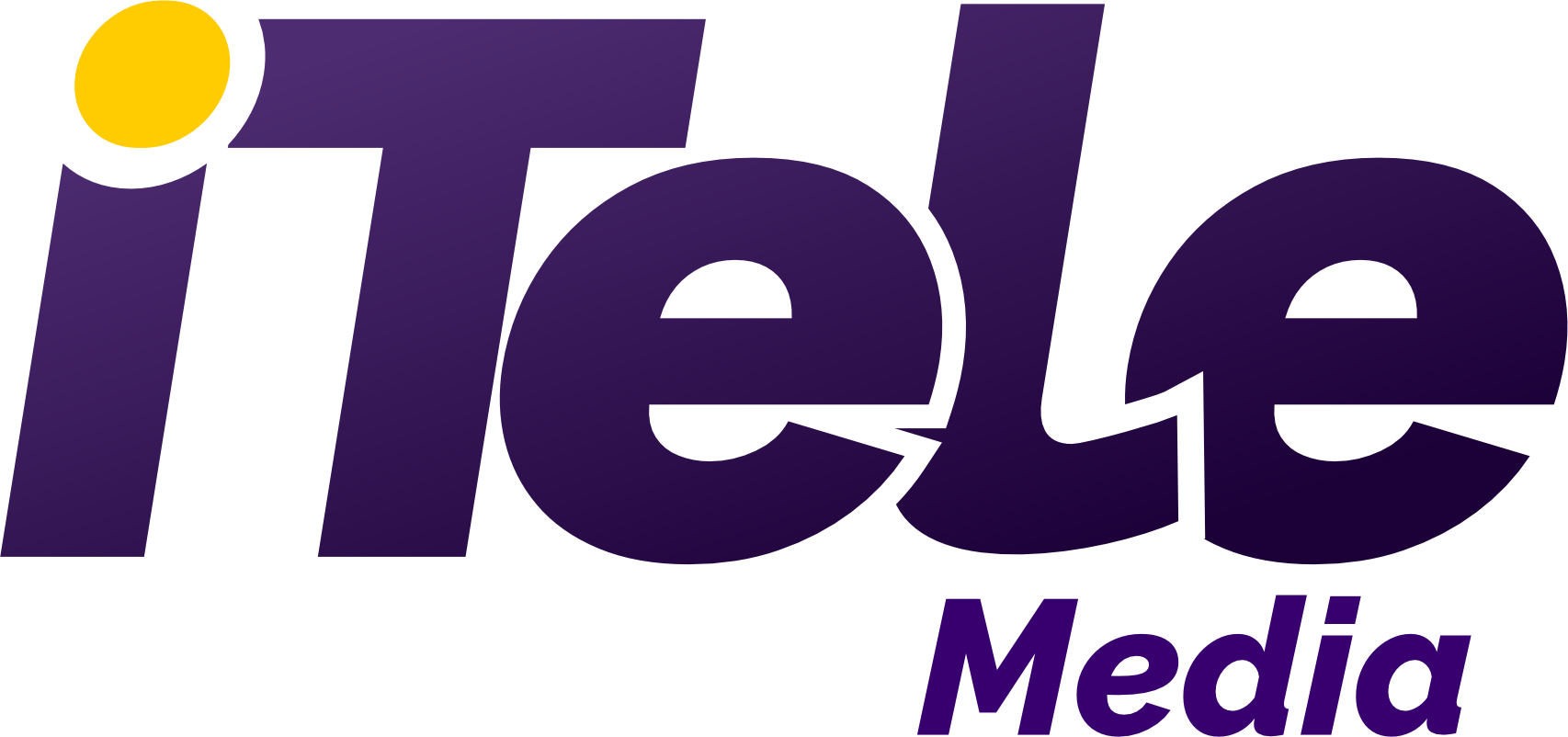The Rise of Social Commerce in Nigeria
Let me paint the bigger picture for you. Nigeria’s social commerce market isn’t just growing—it’s exploding. By 2024, it’s projected to hit $1.55 billion, fueled by platforms like Instagram and Facebook, where over 35 million Nigerians actively shop. Why? Because social media isn’t just for memes anymore—it’s the new marketplace. Think about it: a Lagos-based fashion designer can tag a dress in an Instagram Story, and a customer in Abuja buys it without leaving the app. That’s the magic of Instagram Shop. But here’s the twist: Meta’s recent fee hike on transactions (think selling and processing fees) has thrown a wrench into this seamless system. For Nigerian SMEs, this isn’t just a minor adjustment—it’s a survival test.
Understanding Instagram Shop Fee Changes
Let’s break down the numbers. Setting up an Instagram Shop? Free. Selling through it? Not so much. Nigerian businesses now face percentage-based transaction fees (exact rates vary) and payment processing costs. Here’s the kicker: Meta’s $220M fine from Nigerian regulators over competition violations adds uncertainty—will fees rise again to offset legal pressures?
Take AsoEbiHub, a Lagos fashion brand. They saw a 35% sales surge using Instagram Shop—until fees ate into their margins. For low-margin products like handmade jewelry, this hike could mean choosing between raising prices or abandoning the platform entirely. It’s a tightrope walk: stay on Instagram for its reach, or pivot to WhatsApp (zero fees) or TikTok Shop (rising competitor).
How Nigerian SMEs Are Adapting
Let’s talk solutions. Nigerian entrepreneurs aren’t waiting for Meta to backtrack—they’re rewriting the rules. Take Nneka’s Naturals, a skincare brand in Port Harcourt. When fees spiked, Nneka didn’t panic. She diversified: 60% of her sales now happen via WhatsApp (“No fees, just emojis and bank transfers,” she laughs). The other 40%? High-margin products on Instagram Shop—like her luxury shea butter bundles tagged in Reels.
Here’s the playbook:
Pivot to WhatsApp: Zero fees, instant trust (everyone has a “customer care” number), and payment flexibility—cash, transfers, even installments.
Instagram as a Showroom: Tag only premium products. Why? Fees hurt less when margins are 50%+.
Ads on a Budget: One Abuja tailor told me, “I run ₦5k ads only when I post customer testimonials. It’s cheaper and converts faster.”
Case Studies: Nigerian SMEs Navigating the Fee Hike
Let’s get personal. Zainab, founder of Abuja AgroFresh, used to rely on Instagram for 80% of her veggie sales. Then fees climbed. Her fix? A WhatsApp broadcast list with 2,000 loyal customers. Now, she posts farm updates on Instagram (“to keep the page alive”) but directs orders to WhatsApp. Result? A 40% drop in transaction fees and more repeat buyers. “They feel like family now,” she says.
Then there’s DeyPlay, a Lagos sneaker reseller. When Instagram fees bit into their profits, they doubled down on TikTok Shop—Nigeria’s fastest-growing platform. Their secret? Viral unboxing videos. “TikTok’s algorithm favors small businesses,” says co-founder Tobi. “We gained 10k followers in two weeks. Fees? Half of Instagram’s.”
Future Outlook and Strategic Recommendations
Let’s get real—Meta’s $220M fine in Nigeria isn’t just a headline. It’s a storm cloud hanging over SMEs. If Meta pulls services (a rare but possible threat), what happens to the thousands relying on Instagram Shop? Temi, a Lagos handbag designer, isn’t taking chances. She’s building a newsletter to stay connected to customers offline. “If Instagram vanishes tomorrow, I still have my people,” she says.
Here’s your survival kit:
Offline-Online Hybrid: Partner with local markets or pop-up shops. One Abuja baker hosts “Instagram previews” of cakes but takes orders via SMS.
Advocate Loudly: Join forces with groups like SME United Nigeria. Their petition against unfair fees has 15k signatures—proof that collective action works.
Tech Smart, Not Hard: Tools like Zoho CRM cost less than a daily latte. Automate customer follow-ups, track sales, and ditch manual spreadsheets.
Thriving Amid Change
Let’s close with truth: Nigerian SMEs aren’t just surviving—they’re teaching resilience. The fee hike? A speed bump, not a dead end. Platforms come and go, but the hustle? Eternal.
So, what’s your move?
Stay Light on Your Feet: Diversify like Nneka, adapt like Zainab, experiment like DeyPlay.
Invest in Relationships: WhatsApp isn’t just an app—it’s a lifeline. Treat customers like neighbors, not numbers.
Embrace the Grind: As Tobi says, “Social media rules change daily. But my hustle? That’s my algorithm.”
The future isn’t about outsmarting fees—it’s about outlasting them. And if there’s one thing Nigerian entrepreneurs know, it’s how to turn obstacles into opportunities. Now, go rewrite your playbook.
Ruth Aafa
AuthorAuthor bio not available






